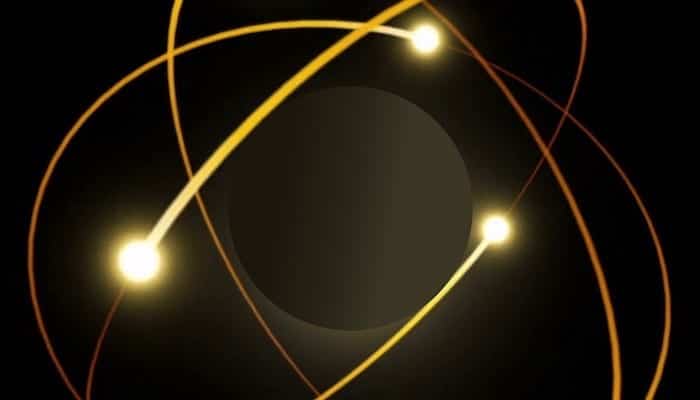Efficacy and Potency
aka BSCC Pharmacology 002
Basic Science in Clinical Context Examination: 2 Minutes
What is the difference between efficacy and potency. Please draw a graph in your example
Examiner Explanation
Transcript
Potency denotes the amount of drug needed to produce a given effect.
Efficacy is the maximal effect that a drug produces irrespective of concentration (dose)
Potency: We generally refer to potency as the amount of drug dose that produces a quantal effect in 50% of the population- quantal dose response ED50. Potency can also be referred as the amount of drug required to produce 50% of it maximal drug effect-graded dose response EC50
A highly potent drug evokes a larger response at lower concentrations
Efficacy: Refers to the relative ability of a drug-receptor complex to produce a maximum functional response. A highly efficacious agonist can produce the maximal response of the receptor system while occupying a relatively low proportion of the receptors. This maximal effect produced is called maximal efficacy (Emax) and is irrespective of drug concentration.
Efficacy can only be plotted on a graded dose response curve and not on a quantal dose response curve because you are measuring the maximal efficacy REGARDLESS of the concentration (dose) required to produce the effect
In deciding which of two drugs to administer to a patient, the prescriber must usually consider their relative effectiveness rather than their relative potency. Potency largely determines the dose of the chosen drug.

Basic Science
in Clinical Context
Dr Neil Long BMBS FACEM FRCEM FRCPC. Emergency Physician at Kelowna hospital, British Columbia. Loves the misery of alpine climbing and working in austere environments (namely tertiary trauma centres). Supporter of FOAMed, lifelong education and trying to find that elusive peak performance.
